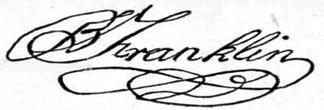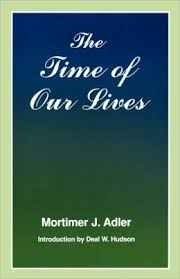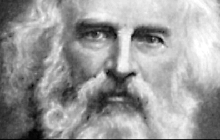INDEPEND’ENCE,* n.* [*in* and *dependence*] 1. A state in which a person does not rely on others for subsistence; ability to support one’s self. 2. A state of mind in which a person acts without bias or influence from others; exemption from undue influence; self-direction.
{Not only was Benjamin Franklin a well-known politician in his day, but he also functioned in an impressive diversity of roles in his private life, including: scientist; inventor of the stove, lightning rod, and bifocals; founder of the first U.S. hospital; contributor to banking theory; importer of several cash crops into the U.S.; book publisher; founder of the first insurance company; founder of two colleges; first U.S. Postmaster; founder of the first circulating library; founder of the first police and fire department in U.S.; inventor of the glass harmonica; and the list could go on.}
——-
“I am for doing good to the poor, but I differ in opinion of the means. I think the best way of doing good to the poor, is not making them easy in poverty, but leading or driving them out of it. In my youth I traveled much, and I observed in different countries, that the more public provisions were made for the poor, the less they provided for themselves, and of course became poorer. And, on the contrary, the less was done for them, the more they did for themselves, and became richer.” – Benjamin Franklin. Date: November, 1776. On the Price of Corn and Management of the Poor
“Repeal that [welfare] law, and you will soon see a change in their manners. St. Monday and St. Tuesday, will soon cease to be holidays. Six days shalt thou labor, though one of the old commandments long treated as out of date, will again be looked upon as a respectable precept; industry will increase, and with it plenty among the lower people; their circumstances will mend, and more will be done for their happiness by inuring them to provide for themselves, than could be done by dividing all your estates among them.” – Benjamin Franklin. Date: May 9, 1753. In a letter to Collinson
“They that can give up essential liberty to purchase a little temporary safety, deserve neither liberty nor safety.” – Benjamin Franklin. Date: 1759. Historical Review of Pennsylvania
“For want of a nail the shoe was lost; for want of a shoe the horse was lost; and for want of a horse the rider was lost; being overtaken and slain by the enemy, all for want of care about a horseshoe nail.” – Benjamin Franklin.










